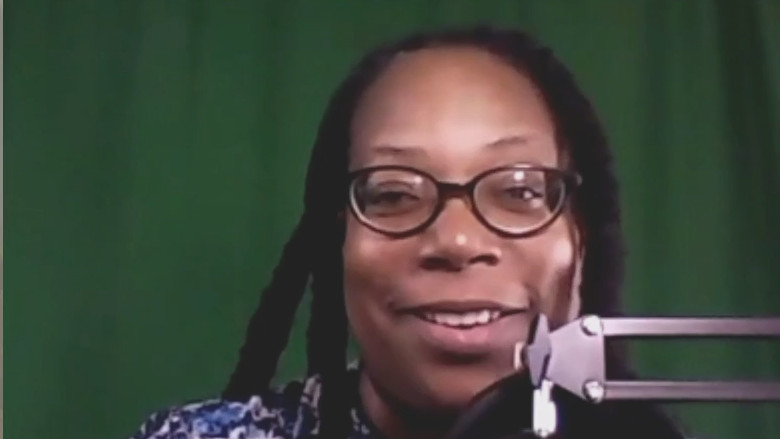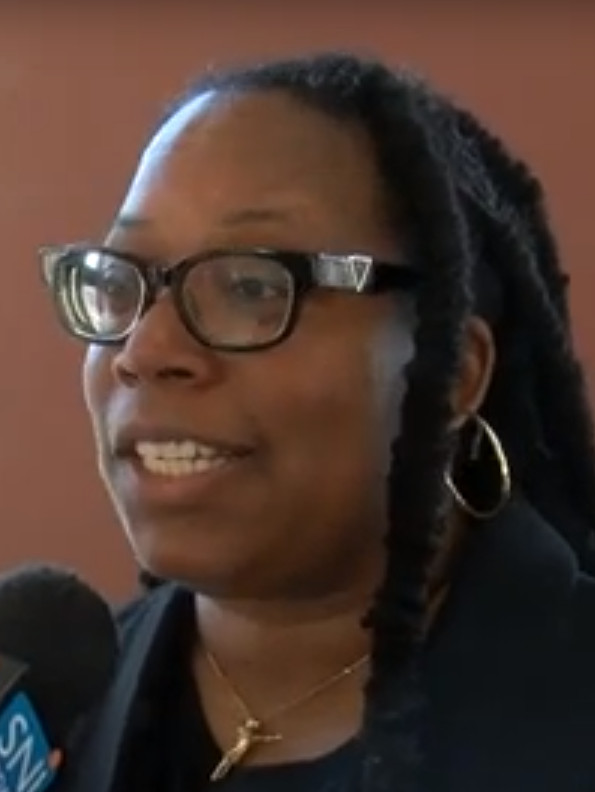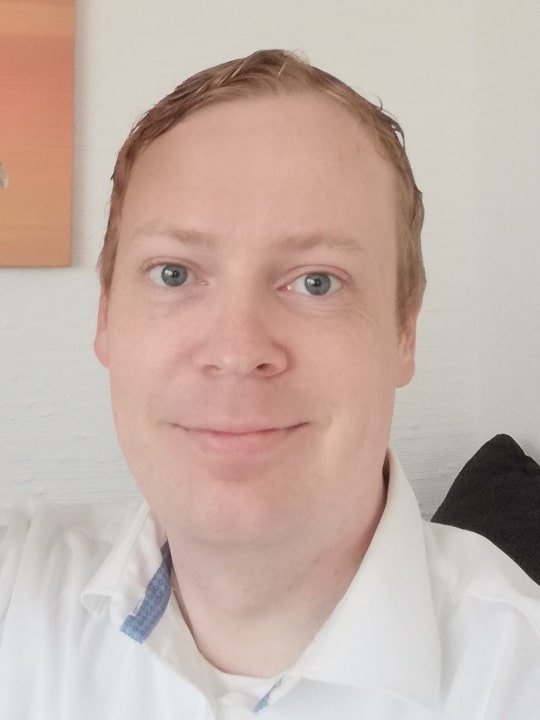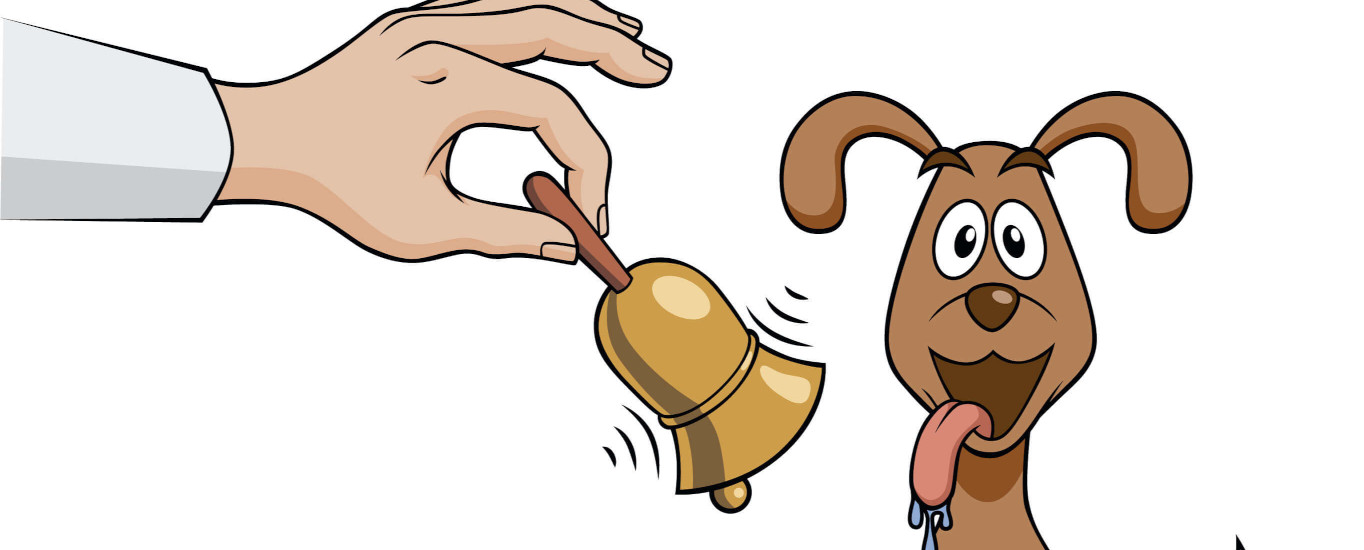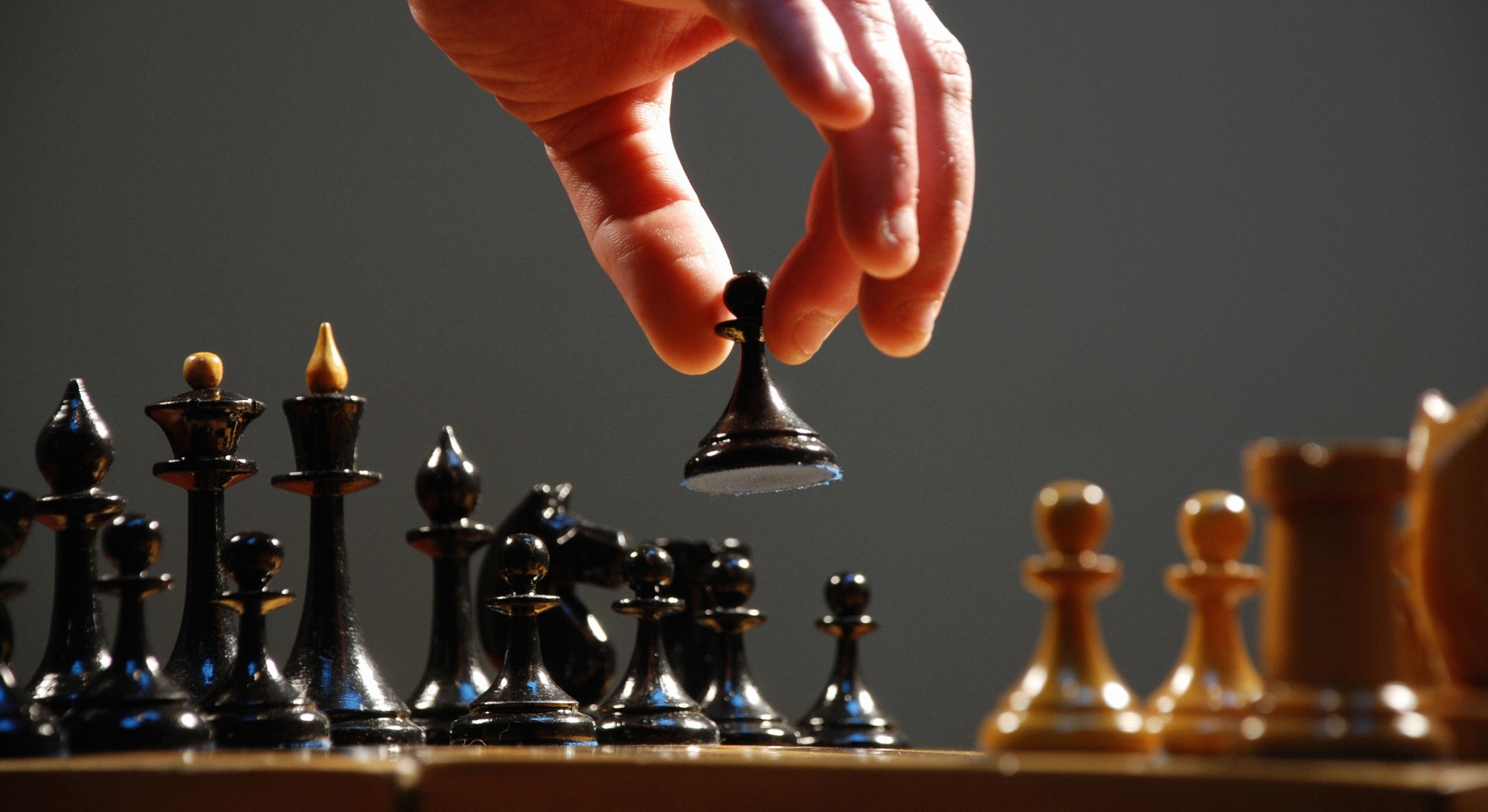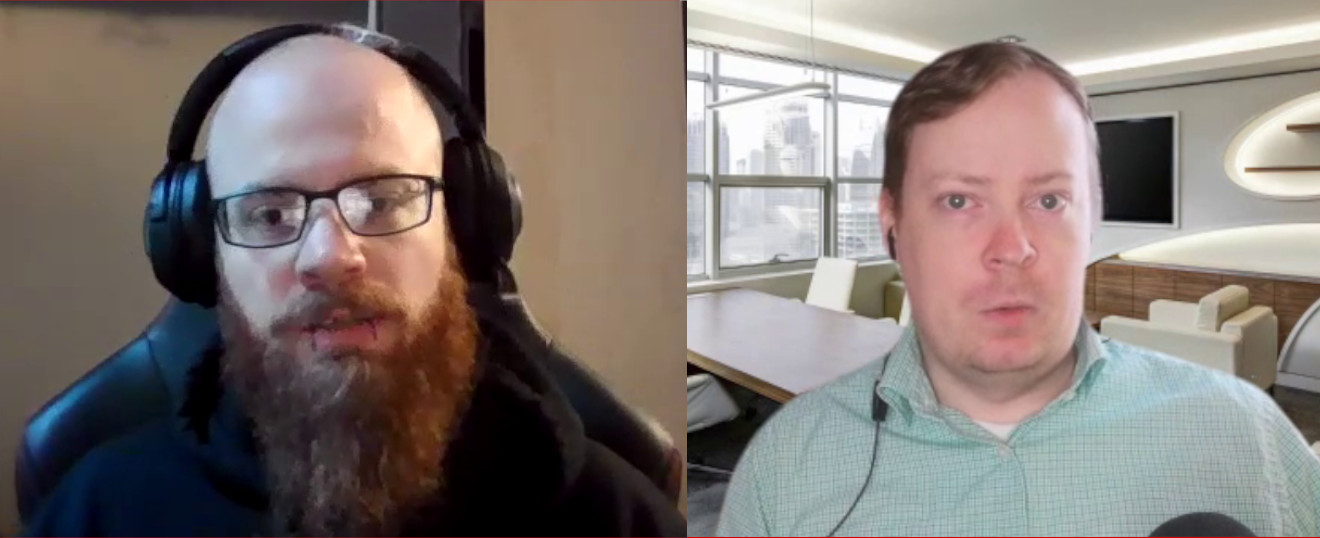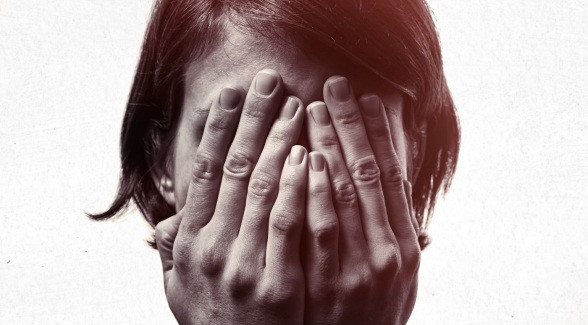Aleechea Pitts is a police chaplain. In this episode she tells us about her path to finding her personal identity in serving others and praising God through writing self-help books, giving workshops, singing, playing music and preaching the gospel of Christ. Her path has been illuminated by a figurative voice that guides her everyday decision-making and provides her life with peace and fulfillment.
Watch a Short Excerpt:
Transcript (continued):
William: So I like how you said you do your own part, you study, and then you pray to have God's guidance to understand what he needs you to do, needs you to know, needs you to be. But I imagine it can be frustrating when your path isn't very clear. And you said nobody's perfect. But we are still supposed to try to figure out what our path is. What do you do in times when things are just fuzzy and you're trying to figure out what is the next step? Because you don't want stagnation, right? You want to keep learning, as you said, keep progressing. Do you ever have those blockades where you just need to wait, or you need someone else to finish some process before you can progress? Do you have control over your own path, or does it ever get difficult like that?
Aleechea: Oh, most definitely. I can tell you, before I was where I am now I had a dry season. And I began to question God like, "Okay God, am I done? What's going on? No one's calling me for anything," you know. And so it's in those moments when you don't know what to do, you stand still until God's will is clear for you, or the path is clear to you what you need to do. At the same time, I will say, I preached a message about a month ago: "hidden but not abandoned." And a lot of times we think being hidden is a bad thing and it's not sometimes God hides you because he's protecting you, or sometimes you are in hiding because he's creating a platform for you to do his bidding on. And so with that being said, there's also a scripture that says, "Man plans his own heart, man makes his own plans. But God's counsel or his will, that is what's going to stand." So the thing is, I want God's will and not my own, because sometimes my will may be jacked up. And sometimes it's just like society. You know, in society, TV, you have some people that are famous, even some things our parents instilled in us we try to strive for those things because that's what we saw that's what we've been taught. And everything that we see or we've been taught may not have been necessarily the right thing. And so we have to then at that point ask God, "Okay God, clear my mindset, because if this is not for me, and I'm desiring that thing, then I need you to take that desire from me so I'm no longer chasing after something that I'm wasting my time on."
William: Yeah, when it gets difficult to know what the next step is I think that sometimes the best you can do is just keep doing what has been right for you in the past, even if you're not getting that direction, that spiritual feedback, and just wait for that dryness to end, like you called it. So tell people what this new book of yours is on. I saw your latest book is called "Let it go for your sake" But is the new one you're writing in a similar vein?
Aleechea: It's in a similar vein to say that it's a self-help book. But this is not the same category. The book that I'm working on right now is entitled "Homosexuality is in heterosexuals. Relax." And it is a book to educate the church on how to love the homosexual and also those who may want to come out of the... those homosexuals that may want to come out of the lifestyle, giving them the process that they need to come out of the lifestyle.
William: Yeah, can you give us some some hints what we can do in general to be more accepting, more loving of them?
Aleechea: One: don't be pre-judgmental. And again, we just really need to get to take the time to really meet people. Their sexual orientation doesn't make them... And so we really need to build relationship in order to win trust. And that will open up the door for dialog to happen.
William: Yeah, this goes back to what you said earlier about listening and being humble. And if you don't have the experience that someone else has, then it's easy... you're quick to judge and just assume that something is wrong with them or, I don't know, all the different types of judgment people might have. I don't have a lot of gay friends. But the ones I do have, it's not like that's the only thing I want to talk about, to learn from them. But when the topic of homosexuality does come up I want to learn because I'm curious, and I want to get rid of those biases that I just naturally have. So yeah, learning is key. And, to come back to your last published book about forgiveness: Now I see some connection here, right, and that is putting yourself in someone else's shoes or at least trying to accept and allow their perspective. What are some keys for us how we can forgive others when they have hurt us, maybe even inadvertently, and what do we need to change about ourselves to be more open in that way?
Aleechea: Well, the first question I always propose is this: "If you were the offender and you did X, Y & Z, would you want someone to forgive you?" And most of the time the respons is "Yes." So we have to practice empathy. If the shoe was on the other foot and you had done the offense, would you want someone to forgive you? And so my definition for forgiveness is extending grace to others, extending grace to others.
William: Yeah, that rule about putting yourself in someone else's shoes is a big one. That can help you in so many ways.
Aleechea: Yes.
William: Sometimes we don't realize just how stuck we are in our presumptions. And so just even through regular contact with people, it can help you stay aware of that and that we're all unique, we're all different. And if people change it's only because of their own volition, isn't it.
Aleechea: Yes.
William: So if I want to improve myself to be more open towards others what can I do?
Aleechea: Basically, again, looking inward. We like to point out what's wrong in other people instead of looking, as Michael says, at the man in the mirror. You know the song says, he said, "I'm looking at the man in the mirror, I'm asking him to change his ways." Instead of thinking about what this person did wrong we need to look inwardly to see, "What could I have done to me to make the situation better?" Because sometimes it's not always one person's fault. You may have a part in it, too.
William: Okay, let me ask you what you think about this this rule I try to live by: "A good person is someone who lives by their values and always strives to improve their values." So we all have different value systems. We got them from our parents, from our society, from our church if we grew up in a church. We're not even aware of all the sources that have influenced us to give us these values, how we make decisions, how we treat ourselves and other people. And we should ever assume that the process is finished of getting those values right. So does that go along with what you're saying?
Aleechea: I would say to a certain extent. But we have to be careful, and it's something you already have said when you say "values". Because people could have high values and people could have low values. So it depends on the situation. But what I will say is this, that it is in every human being, most people know right from wrong, even children. Think about children, especially when they're around age 1 or 2, especially now in this day: They can do something. They inately know that it's wrong. But they're looking at you to see what you're going to, how you're gonna respond, like, "Are you gonna let me get away with this?", you know type of thing, knowing that what they get ready to do is not the right thing. Or, the other example I like to use is: A child whose hand is caught in a cookie jar and the parents come in and say, "You've been in them cookies?" "No", cookie crumbs all around their mouth. No one has taught them how to lie. But because of fear, right, the fear and different things that they may be processing on the inside, they inadvertently lie, not knowing that they're lying. And I'm talking about the younger real young children that really don't, they don't know the concept almost. And so when you get to a certain age, and now it's, to me I believe it's more younger than when we were growing up, because there's so much knowledge, there's so much information and everything's available that those things that we know at that point, those are the things that we continue to improve on. Because a lot of times people can do what seems to be right from the outside looking in, like this person is doing all the right things, right. But then the inside could be messed up. Their motives could be wrong. They're doing the right thing but the motive is wrong. They've got hidden agendas and all that kind of different things. So at that point once you know right from wrong, then at that point this is where you, number one, you want to continue to do the right thing. You can never go wrong doing the right thing. Continue on doing that, and then continuing to elevate... Because a lot of times people can't accept themselves because they know what they they're doing. People on the outside may not know really who you are. But you know who you are. I always give this definition: "Reputation is what people see about you. Your character is who you really are." So people could be saying all this stuff, but you yourself really know who you are. And that's the part that really matters. Matter of fact they say, "Integrity is doing the right thing when no one is looking." When you could have stolen five hundred dollars, right, and nobody would've missed it, you hold your integrity by not touching the money. That's where it really counts. That's where it really counts.
William: Yeah. So we need to do our best to be aware of any inner conflicts that we might have that way. Because like that child that got caught, we do the same: We get caught with mistakes we make. And we're aware of it at some level. But I guess the older we get, the better we get at lying to others and to ourselves. Can we do something to to counteract that process and stay as much like a child as possible?
Aleechea: I think it's a matter of really thinking about what you do before you do it. Because, you know, you watch TV, you watch the news, and sometimes you wonder. I'm saying this all in humor, but I'm sure it probably has happened, where they're 50 or 60 years old, and they decide to go rob a bank. Well doing that, now pretty much you're probably gonna be in prison for the rest of your life off of the other decision that you made that you really didn't really think out that thought process all the way through. Or it could have just been a thing where you were in desperation, and we don't know how desperation can draw people to do certain things. But if it was desperation, at that point then I would have the question where was your circle? Where was the people that you could have probably went to to get some kind of help on? Or maybe you had the people but because the pride you didn't want to go to them. So there's so many different variables when it comes to that. But you definitely want to think before you do anything. Really think that process out. There's always a cause and effect to everything, right? Do this, what is the effect of that going to be if I get caught? And then at dinner at the end of the day here it is again we're talking about black and white, right? Right and wrong. Don't take the chance on getting caught, you know. Because to me, the more you do the right thing, the easier it is to do the right thing.
William: Yeah, that's true. Wow, thank you. You have an e-book on your homepage that talks about apologizing. And I think this is also closely related to the topic of forgiveness.
Aleechea: Yes.
William: Why can it be difficult for adults to, or for children as well, to apologize, and what is that blockade in our mind that makes it difficult for us?
Aleechea: One is entitlement. I'm entitled to feel how I feel. I'm stuck with the way I feel. And that's what makes it hard to apologize, that entitlement that you wronged me. And I have a right to not apologize to you. But a lot of that is pride, too.
William: Yeah. So I see a motive here: that you need to become more aware of your behavior, what's going on on the inside, what's causing that behavior, and you need to be prepared to make changes, because everyone needs to make changes. That process of self improvement is never finished. I'm glad I could ask you these questions, because I'm always trying to get other perspectives, deeper perspectives. You've thought about this a lot, and I've learned a lot. So thank you for that.
Aleechea: Thank you.
William: Are there any final things you want to mention about these concepts or your books?
Aleechea: Well, the only thing, the thought that I would leave to your audience is really for encouragement, and that is: Your life is what you make it to be, with guidance. You don't have sit back and be envious of anyone. You can have the same things that they have. But the question is are you willing to do what they have done to get there? There's a lot of times we can be moved and we can be inspired by people. Because what we see them doing, it seems like they're doing it effortlessly. It seems like you know they're expert at doing it. And all the time just because you see them doing it so well, you think you can do it, too. And so this goes back to our conversation earlier when I was saying about really embracing uniqueness and finding your own path, getting your own life, not patterning yourself after anything else or anyone else, but really creating your own unique journey and really enjoying that moment. So I said all of that to say, "Whatever your journey is, whatever your giftings are, perfect those giftings so that when the opportunity presents itself, all you have to do is walk through the doors." You don't have to be like, "Wait. Can you give me a week or two?" Because you're already ready. So what I want to convey to you all is just to stay in a state of preparedness. Because this is a great season for everybody. I believe this is a good season for every
Other Episodes:
Ep. 51: How Conditioned Are We ?
How much of what you do, think and feel comes from intentional, free chosing? How much of your actions and decisions are pre-programmed? You are the product of your upbringing, culture and genetics. What is out of our control? What can we influence? How can we counteract our predestination?
Ep. 50: What Am I Responsible For ?
Are you taking too little responsibility for your actions, or perhaps too much? How much are you able to understand or determine the consequences of your decisions? Are you in control of anything? Is free will an illusion? Can you do something to improve your thoughts, feelings and relationships with...
Ep. 49: Empathy Can Be A Super Power
Everyone has the choice of either living isolated from other people and their own feelings on the one hand, or to connect with others and their own emotional core. The road towards connectedness involves vulberability and weakness. But it leads to a very rewarding ability that includes deeper understanding of...
Ep. 48: Why Am I Ashamed?
What secrets do you have? What facts about you must never become known to others? What happens in our childhood that implants beliefs in us that hide away for the rest of our life? Can we uncover them deliberately? Can we regain the emotional freedom and levity that playing children...

